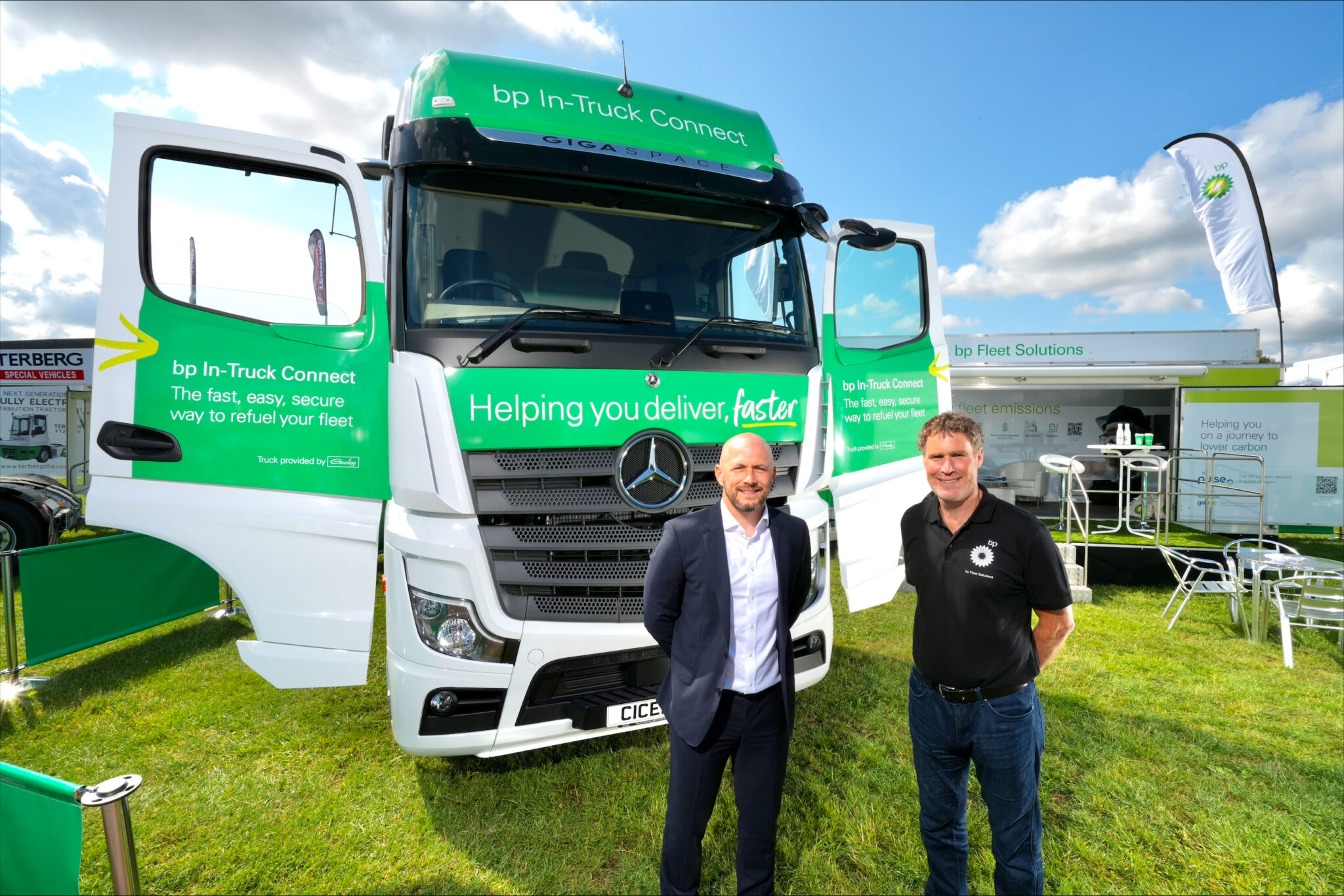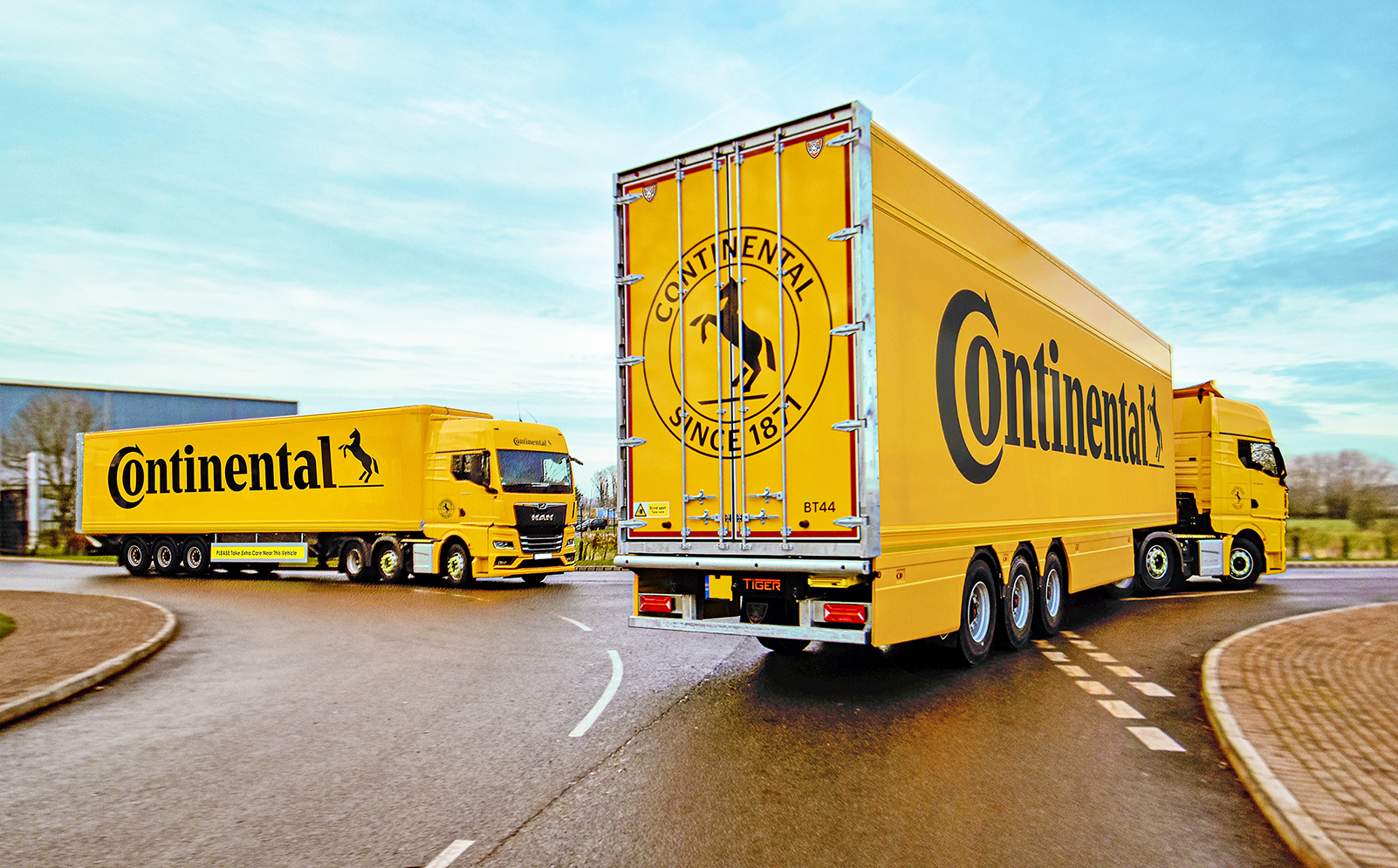Travis Perkins plc, the UK’s largest distributor of building materials, has announced a multi-million pound investment in 400 new truck loader cranes.
These new HIAB iX.162 HIPRO BSS-2 cranes are the first of their kind and will replace the existing cranes on the Group’s heavy side delivery vehicles in the Travis Perkins merchanting and Keyline Civils Specialist businesses over a three-year period.
This version of the HIAB iX.162 crane is around 150kg lighter in weight than the previous model, HIAB X-HIDUO 162. This allows the truck to increase its payload and lower its fuel consumption. To further reduce carbon emissions, the new cranes have been developed so the engine can be stopped and restarted from the crane remote control. This results in a significant reduction in idle time emissions and noise.
Despite being lighter, the new crane model is stronger than the previous model. This gives operators more flexibility and enables them to deliver heavy loads in even the most challenging customer environments safely and with greater accuracy. They also come with Hiab’s all-new CombiDrive 4 remote control, which has confirmed view sensors and automatically detects operator positioning to minimise accident risk and promote better safety for operators, customers and the public.
“These new cranes represent a significant investment. They support our plans to innovate and grow, and they cement our place as a leading partner to construction by serving our customers with improved safety and efficiency. All new cranes will come with a maintenance contract, which means they will be maintained to the highest standards by Hiab. They also support our own commitment to net zero and the decarbonisation of our customers’ supply chain; a commitment we share with Hiab, whose values very much align with our own,” explained Richard Byrne, Travis Perkins Group HSE & Fleet Director.
Gage Roberts, Hiab Key Account Manager – UK & Ireland, said: “We are all very excited to introduce the first HIAB iX.162 HIPRO BSS-2 to Travis Perkins and get this unit out working in the field. It became very apparent that when specifying a crane for our customers, the safety features alongside the environmental factors are much more prominent considerations than they ever have been previously. The new crane has an abundance of innovations that will all work towards this crane being the safest, most efficient and most productive crane in the industry. It is also great to work alongside a strategic partner such as Travis Perkins plc; a company that always demands the very best – something that benefits both businesses enormously.”
“There has never been a product on the market before like the HIAB iX.162 HIPRO BSS-2 in its category. Our innovation teams have been working on this round-the-clock for several years and no stone has been left unturned, from hose routing and weight savings, to enhanced safety features and technology that will help companies achieve sustainability targets. When the new HIAB iX.162 HIPRO BSS-2 cranes are rolled out, we expect the crane operators to see immediate benefits. We look forward to working with Travis Perkins and bringing about real change to the wider UK industry,” Vice President for Sales & Product Management, Loader Cranes Light & Medium, at Hiab, Alexander Gelis, added.
The new 400 HIAB cranes will be rolled out from January 2024, and will be supplied to Travis Perkins and Keyline with HiConnect telematics in order to monitor the performance and safe operation of the crane.
They will also be supplied with the comprehensive service contract solution ProCare, available for Hiab equipment. It provides proactive maintenance and expert assistance to maximise equipment performance, reliability and lifespan.











